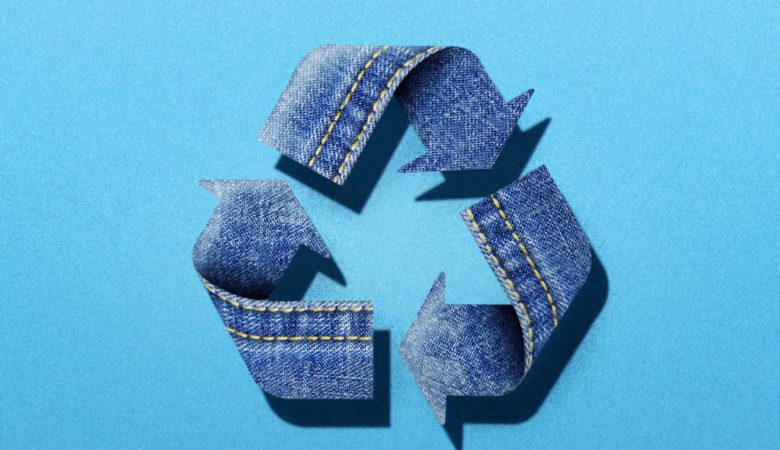Reduce, Reuse, Recycle: Lifestyle Tips that are Good for the Planet and You

Your lifestyle impacts your longevity and health. From eating nutritious meals to regularly exercising, every part of your daily routine plays a role in your wellbeing. Beyond the enriching activities we engage in to better ourselves, there are other tasks we can incorporate into our lives that benefit us as well as the rest of the planet.
Why taking care of the planet benefits your health
As people, communities, companies and government agencies combat climate change, we’re learning more about how our environment impacts our health. For instance, air pollution causes respiratory diseases and cancer. Water pollution leads to typhoid, gastrointestinal conditions and other waterborne pathogens.
Helping Mother Earth correlates to our overall health and wellbeing. Living in a cleaner environment empowers us to spend more time in the Great Outdoors. Breathing in fresh air and drinking clean water supports our essential life functions. As individuals, we can actively fight the negative impacts of pollution and excessive waste by reducing, reusing and recycling whenever possible.
Reduce consumption
We consume a lot. This includes more than what we actually consume in the form of food. As humans, we also consume other valuable resources, such as natural gas, wood and land. By reducing our consumption of these finite resources, we decrease unnecessary waste. Living in a greener, healthier environment allows us to thrive further. Here’s what you can do to reduce:
- Cancel unnecessary mail, such as subscriptions to magazines or catalogs
- Stop using disposable flatware, plates, grocery bags, water bottles, coffee cups, etc.
- Create a food-waste reduction program for you and your family
- Cut back on driving and find alternative methods of transportation such as public transit
- Go package-free whenever possible, using reusable cloth sacks and glass jars
Reuse as often as possible
Part of reducing our consumption of limited resources includes reusing items we would normally throw away. We unnecessarily trash an extraordinary amount of objects that we can easily repurpose. Here are some quick tips for reusing items you might otherwise throw away:
- Save glass jars and plastic jugs to repurpose as reusable containers
- Rather than throwing a broken item out, learn how to mend it
- Freeze meat and vegetable scraps to use for soups and stocks
- Take your own reusable bags to the grocery store
Another great way to reuse items that would typically end up in the trash is creating your own compost pile. You can compost food items such as stale bread, vegetable and fruit waste (peels, rinds, skins, stalks, husks), teabags, coffee grounds, produce that is no longer edible, cooked plain rice or pasta, eggshells and seaweed. You can also include used paper towels and napkins, shredded office paper and newspaper and brown paper bags.
Recycle whatever you can
There’s many reasons people struggle with recycling. It’s easy to make excuses about throwing something out rather than recycling it. However, as people ingratiate these practices in their lives, they quickly discover that the process is much simpler than originally thought. Here’s how to make recycling simple:
- Learn the rules for recycling in your area (they vary across states and cities)
- Use recyclable or recycled materials whenever possible
- Encourage recycling programs at the places you work
- Talk to local schools about creating recycling education programs for students
- If an item is not recyclable, consider other uses for it
Other lifestyle tips that positively impact
Suppose you’re committed to taking care of yourself as well as the environment. In that case, you can go the extra mile to minimize the consumption of limited resources and the disposal of recyclable or reusable materials. For those committed to the preservation of our plant, here are a few more great tips to make habitual in your life:
- Create your own garden to harvest fresh vegetables, fruits and herbs
- Plan your shopping trips, so you don’t buy too much food that eventually goes to waste
- Eat or freeze meal leftovers
- Cut down on energy consumption by cooking in bulk
- Buy local products whenever possible
- Preserve foods by drying and canning them
- Opt for grass-fed meat varieties
- Choose non-GMO and organic products
- Support businesses with sustainability initiatives and green practices
In our shared efforts to become more fulfilled, productive and healthy members of the human race, we must also consider how we impact our environment. For millions of years, our planet supported every lifeform that walked, crawled, flew or swam on it. Now, it’s time to return the favor and take care of the environment that provides us with everything from the food we consume to the materials required to build our homes.
As more people pitch in, we’ll see the positive impacts on the world around us and all the benefits from these environmental improvements.

